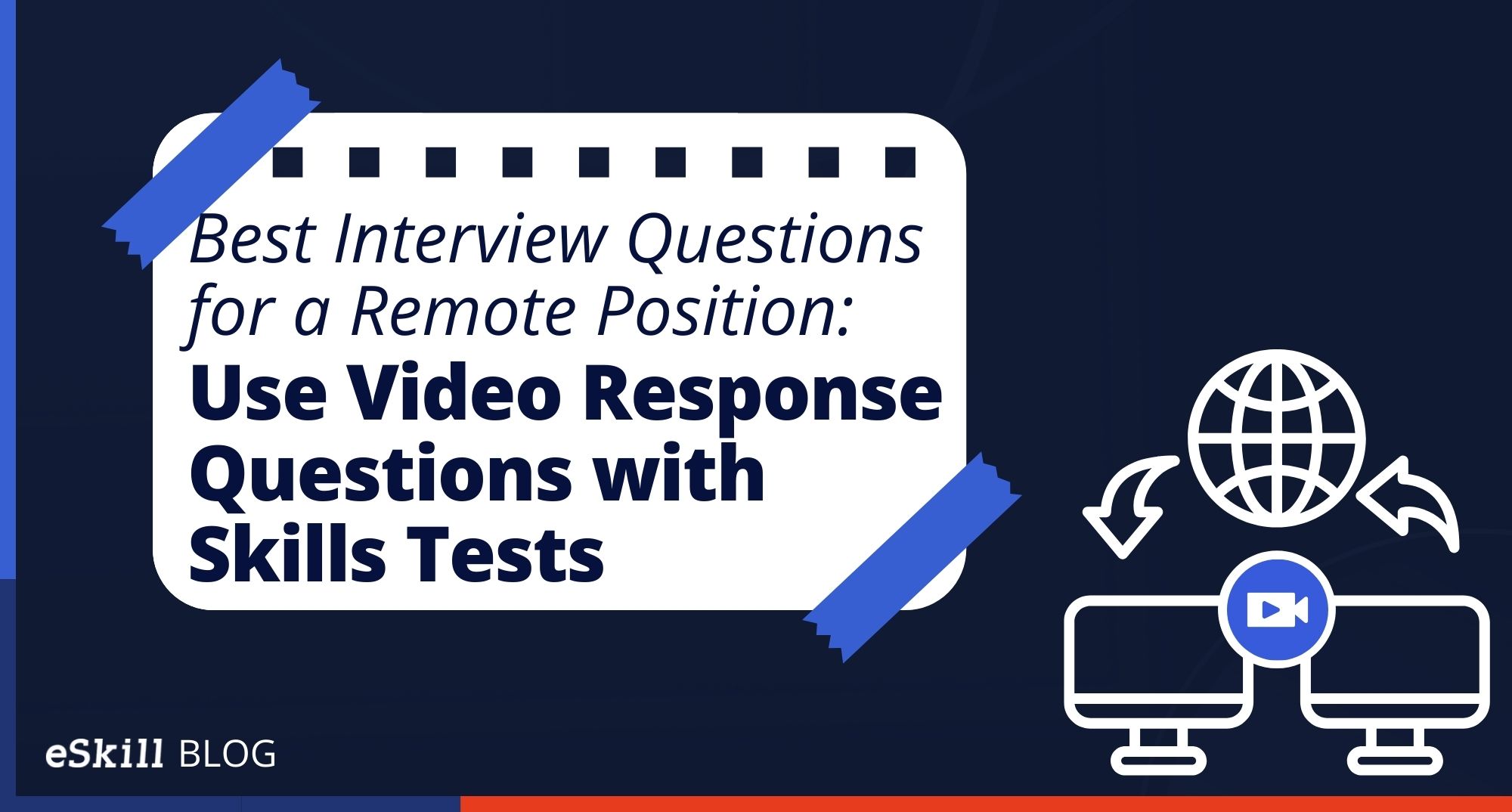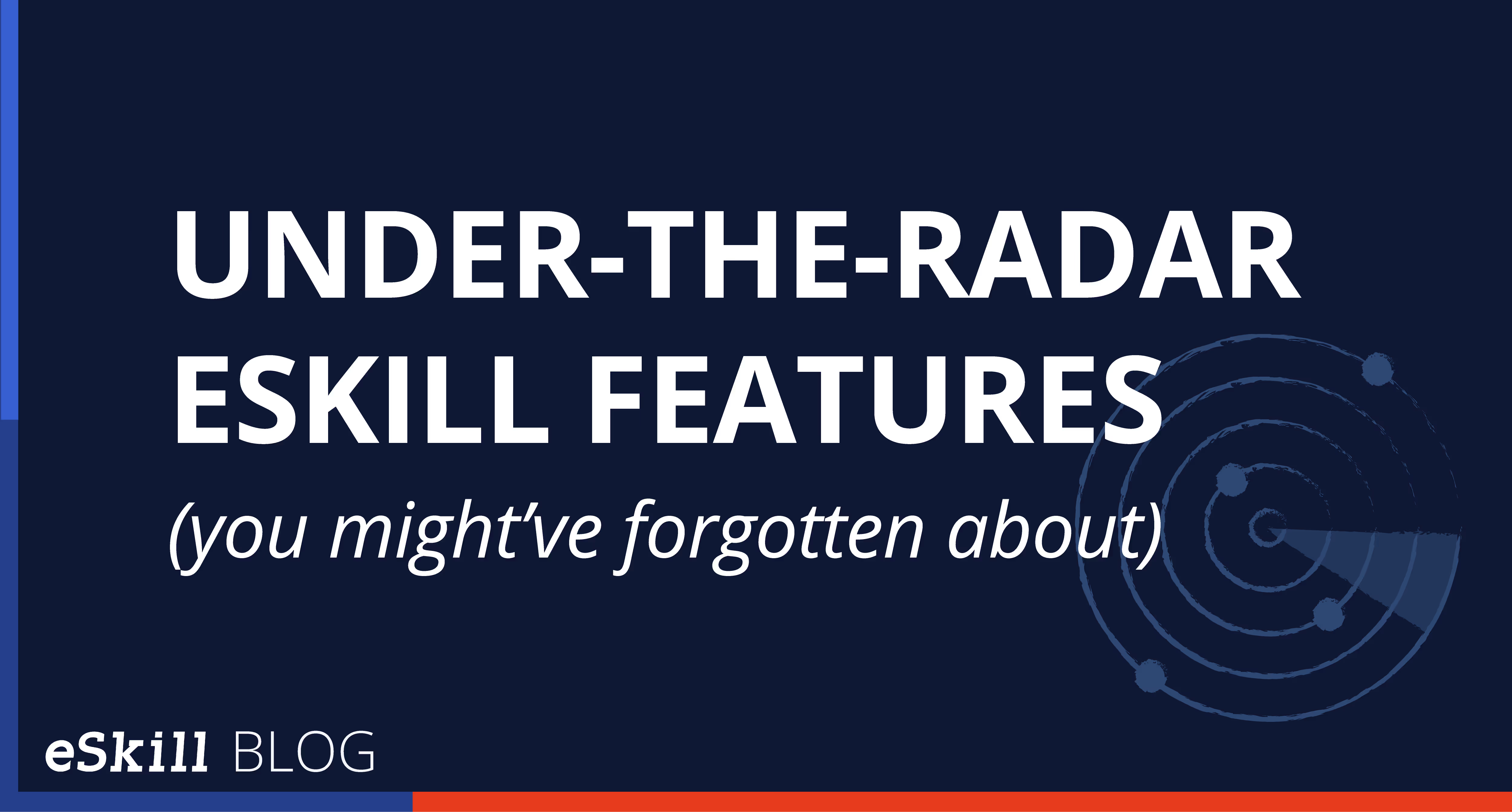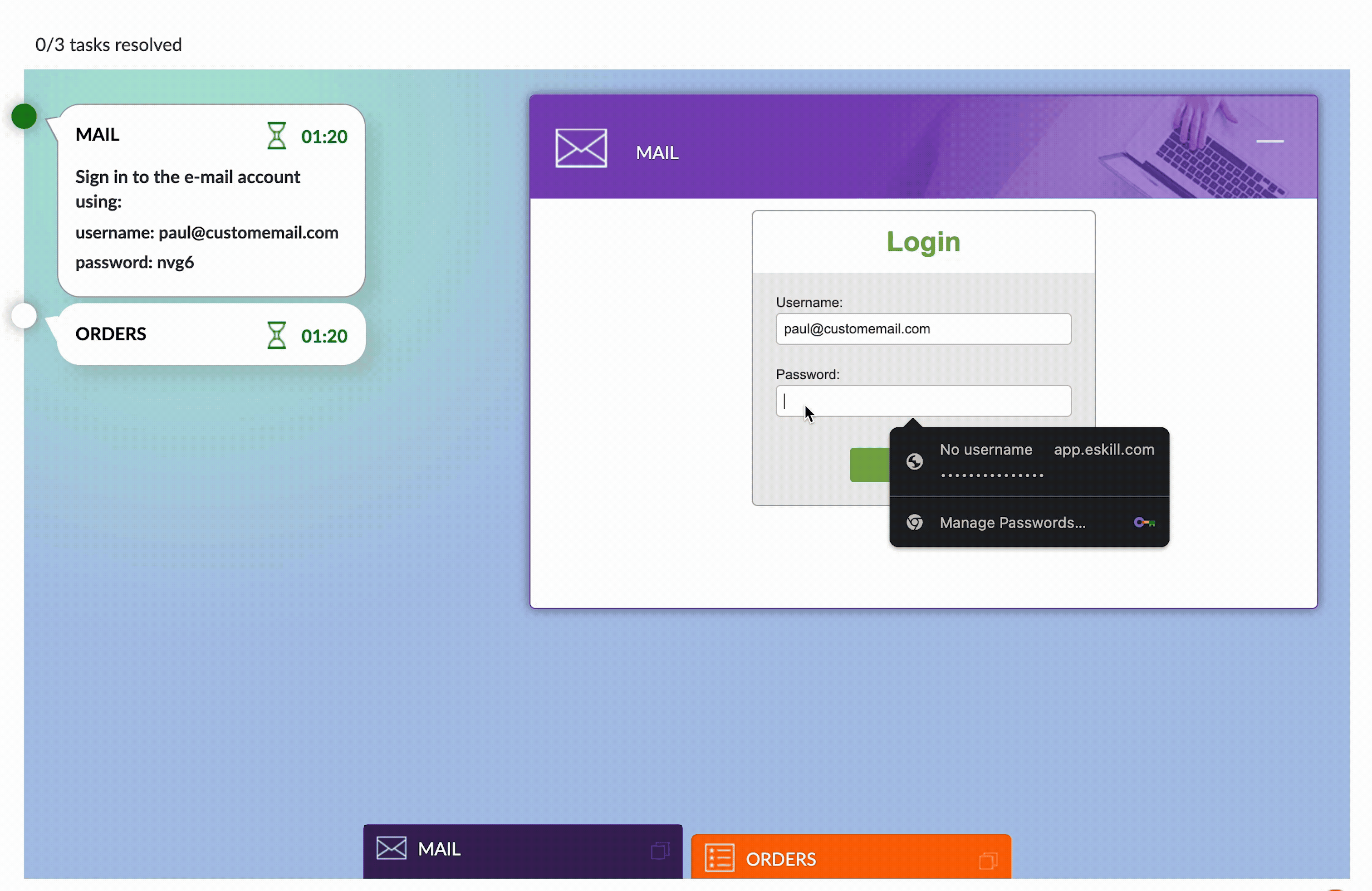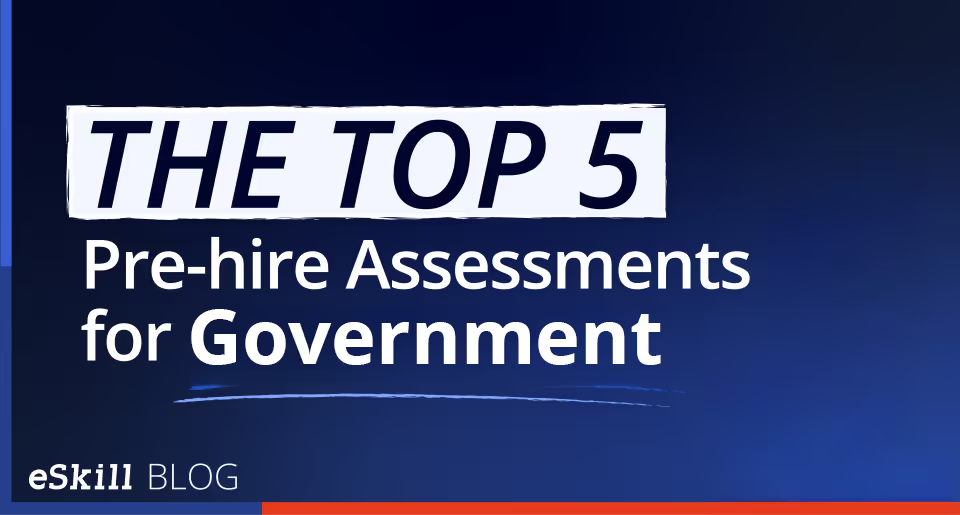Despite the shock of the sudden transition to remote work in the spring of 2020, most companies were pleasantly surprised at how well their organizations adapted to the change. According to PwC, 83% of employers felt the shift to remote work was successful. That suggests that remote work will not go away, even as companies continue to ramp back up in the aftermath of COVID-19.
Employees are more likely than ever to look for remote work. As reported on CNBC, job posting sites report a 460% increase in searches for remote work on their websites over the last two years. This sudden increase is likely due to a combination of factors, including the changing nature of work. However, employees seem to be more interested in remote work than ever before, and companies need to adapt.
Of course, this means adapting how companies are hiring. One of the biggest challenges is interviewing remote candidates who may never set foot inside the company’s building. While video conference interviews using Zoom and Teams can help, they are not an ideal solution. Instead, consider adding video response questions to the skills tests you create at eSkill.
Making Video Response Questions Part of Your Skills Tests
With more than 800 pre-made skills tests, eSkill already has the largest library in the industry. However, eSkill’s customization options are what sets them apart from the competition. You can easily create custom tests tailor-made for your open positions, combine existing skills tests, or build your own by choosing individual questions or adding custom content specific to your company.
For instance, if you want to hire for a call center position, you may choose to build your own skills tests by combining the Call Center Operator test with the Customer Service test. Or you may select questions from other skills tests to focus on a particular industry.
One of the most powerful tools is the ability to create video response questions for applicants. With these questions, candidates are required to record their responses in a video, allowing you to see how they communicate while also getting to know a little bit more about their personality.
While other skills tests can help you quantify skills, video response questions allow you to get a better overall sense of a candidate’s Job Fit — their suitability for that particular job.
You can score candidates based on their verbal reasoning abilities, allowing you to find candidates you might otherwise have overlooked based solely on their resumes. Video response questions can even let you verify a candidate’s identity — simply have them hold up a photo ID during their answer.
Best Practices for Using Video Response Questions as Interviews
With eSkill, making video response questions part of your skills testing is simple and easy. Still, it is important to be as clear as possible with applicants about how you will be using these tests.
Tell applicants that the test includes video response questions before they begin. This advisory lets them be prepared to record their answers. You should also let them know that they are answering interview questions for a remote position. That way, they can answer knowing that this will also serve as a preliminary interview.
You should also make sure that you are asking questions that are highly relevant to the position. Avoid unnecessarily complicated or confusing questions, and do not stray too far from the job in question. You may come up with a good question, but if it does not help you hire someone, then you may want to hold onto it for later.
Ideas for Interview Questions for Remote Workers
Unlike video conference interviews, where you are interviewing a person in real-time, video response questions require a little more planning. Because you cannot add questions on the fly, make sure you ask all of the interview questions for remote workers that you need to decide whether a candidate is suitable.
Some examples of good questions include:
- Can you walk me through how you make a difficult decision?
- Tell us about a time you struggled with a project.
- What role do you like to play when you are on a team?
- Why are you looking for a new opportunity?
- What are your goals — for the next year and the next five years?
- What is the one thing we need to know about you that is not on your resume?
While these are not all of the questions you can ask, they can help guide you toward other questions. Above all, make sure that every question will provide you with valuable feedback about every candidate.
Interested in Learning How You Can Add Video Interview Questions for a Remote Position?
Learn how you can leverage the flexibility of eSkill’s Talent Assessment Platform to make video response questions part of your skills testing process. Request a demo today.

Get ademo.






